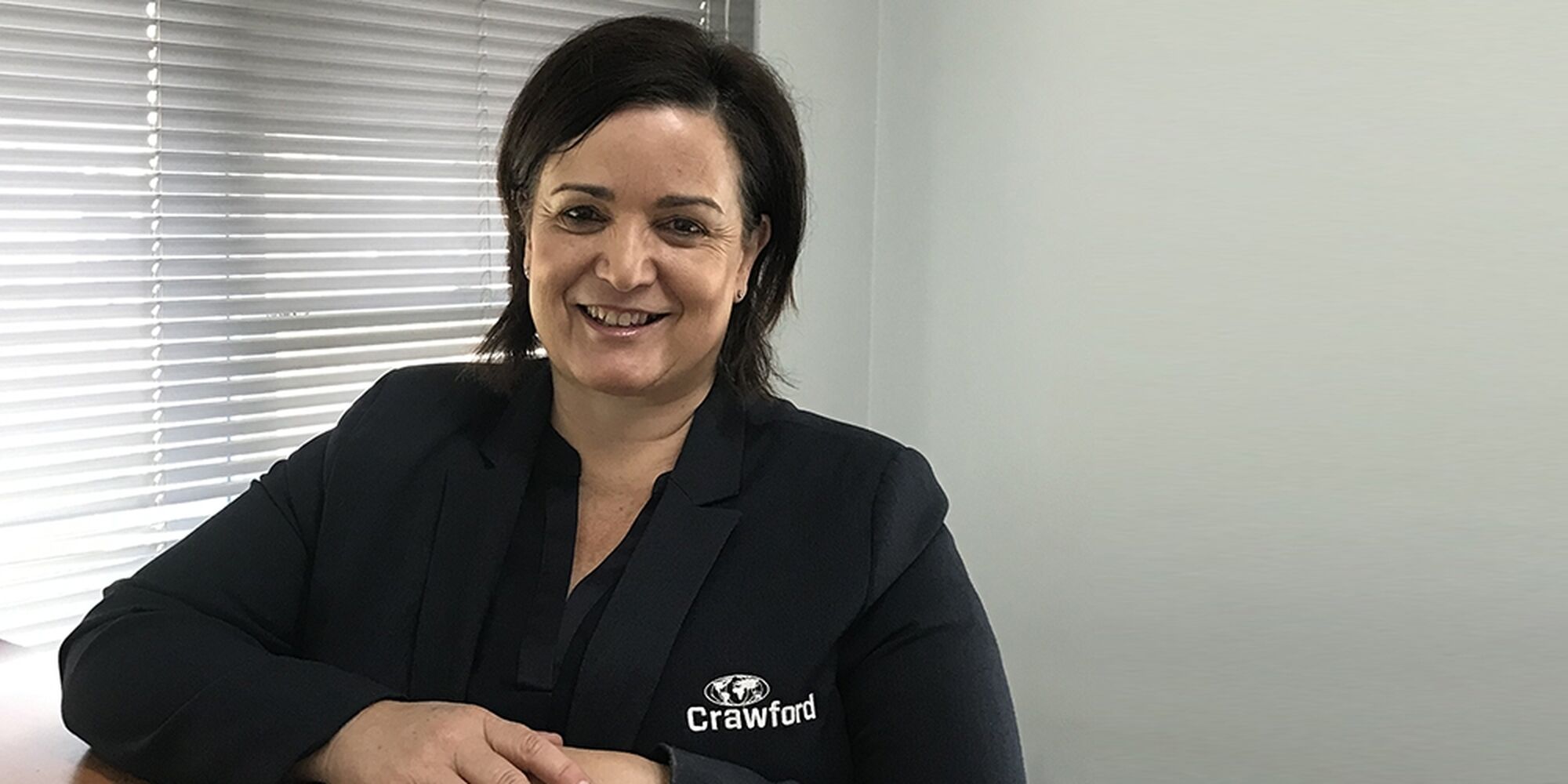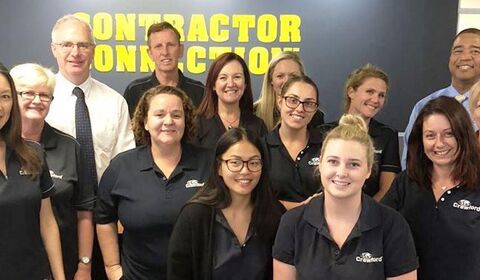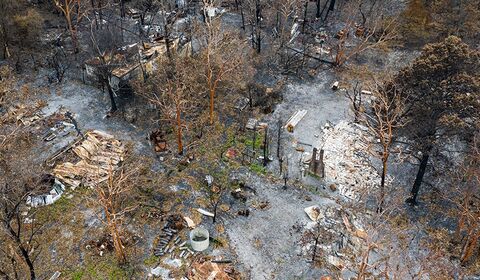Preparation is everything when you enter a disaster zone. And when entering regions ravaged by the Australian bushfires every Crawford adjuster has to be prepared for a long day. Mask … tick, heavy shoes … tick, hard hat … tick, orange vest … tick, toilet paper, a frozen bottle of water, esky (portable cooler), snacks … all tick.
But no level of preparation can fully prepare you for the degree of devastation that we are currently witnessing.
As we drove into Cudgewa and Corryong, both towns in Victoria which had been hit hard by bushfires on New Year’s Eve, the area was shrouded in a smoky haze. Cudgewa, in particular, had been extremely badly affected with a large number of properties along the main street either severely damaged or destroyed. No part of the town had been left untouched – even the local cemetery.
However, what was even more difficult to confront was the emotional impact the loss had had on the people of these towns. It was clear from those we meet that everyone was close to exhaustion as they faced up to the huge loss. But just as evident was their tremendous resilience. The smoke that covered the town was the least of their worries. All they were focused on was rebuilding and getting their lives back on track.
It was very difficult to know what to say to a fourth-generation farmer and his family who had witnessed their whole herd of cattle being put down due to injuries sustained during the fires. Yet they remained resolute and took comfort from the fact that they had escaped unharmed.
Throughout my week in the region, I listened to stories of close encounters with the fires that many had had, the fight they had undertaken to protect their homes and how they had stayed on their properties to save their livelihoods. As a farmer myself, I could only imagine the heartbreak.
But as a loss adjuster, I was there to provide some comfort that the insurance policy they had paid for was going to help them rebuild and restore their lives, business and community.
It is important to remember in these challenging situations that each insured is different. As we assess these claims, it is not about following a scripted response, but about listening and giving each individual the attention they deserve.
In each case, I read the policy wording carefully before I attended to ensure I was clear on any additional coverage benefits that might kick in and reassuring them that the policy would respond. At such times, it is about giving clear answers, even if that answer is not what they wanted to hear – particularly if the person is underinsured.
The week taught me that in such trying situations, it is not about pushing yourself to manage as many claims as possible in as short a time as possible. But it is about being there to provide a shoulder at a time of need and an ear to listen when you think no one hears you. It was about showing the insured both dignity and respect and helping each person to manage their claim well.
During that period, I was exposed to some raw emotions. But in such trying situations I took the opportunity to reflect on what I would take away from this experience. What has stood out for me is the resilience of everyone that I have met and the desire they have to fight no matter what the odds. That’s how you truly face disaster head-on.









